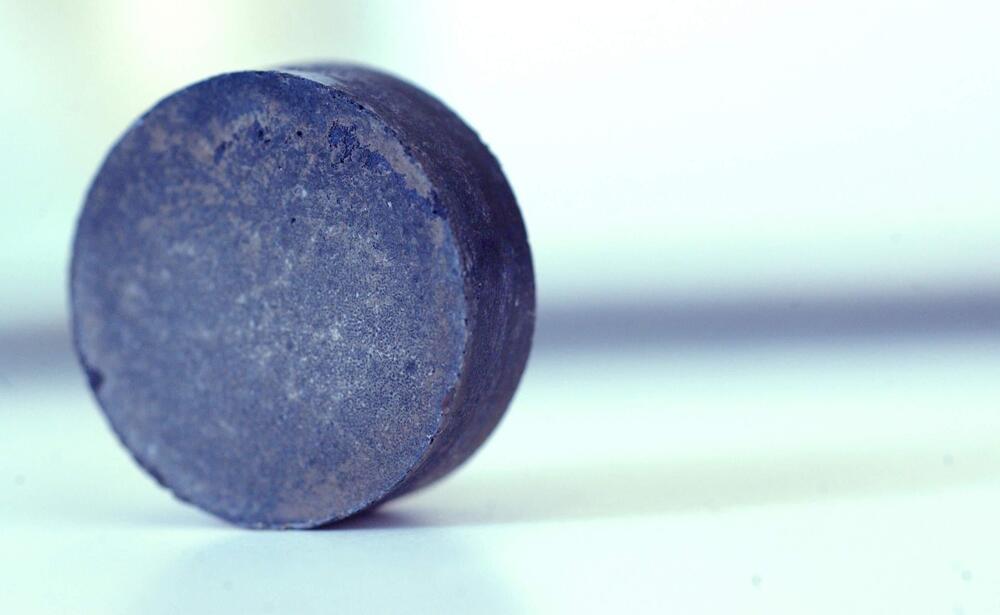A team of scientists from Ames National Laboratory has developed a new machine learning model for discovering critical-element-free permanent magnet materials. The model predicts the Curie temperature of new material combinations. It is an important first step in using artificial intelligence to predict new permanent magnet materials. This model adds to the team’s recently developed capability for discovering thermodynamically stable rare earth materials. The work is published in Chemistry of Materials.
High performance magnets are essential for technologies such as wind energy, data storage, electric vehicles, and magnetic refrigeration. These magnets contain critical materials such as cobalt and rare earth elements like neodymium and dysprosium. These materials are in high demand but have limited availability. This situation is motivating researchers to find ways to design new magnetic materials with reduced critical materials.
Machine learning (ML) is a form of artificial intelligence. It is driven by computer algorithms that use data and trial-and-error algorithms to continually improve its predictions. The team used experimental data on Curie temperatures and theoretical modeling to train the ML algorithm. Curie temperature is the maximum temperature at which a material maintains its magnetism.
